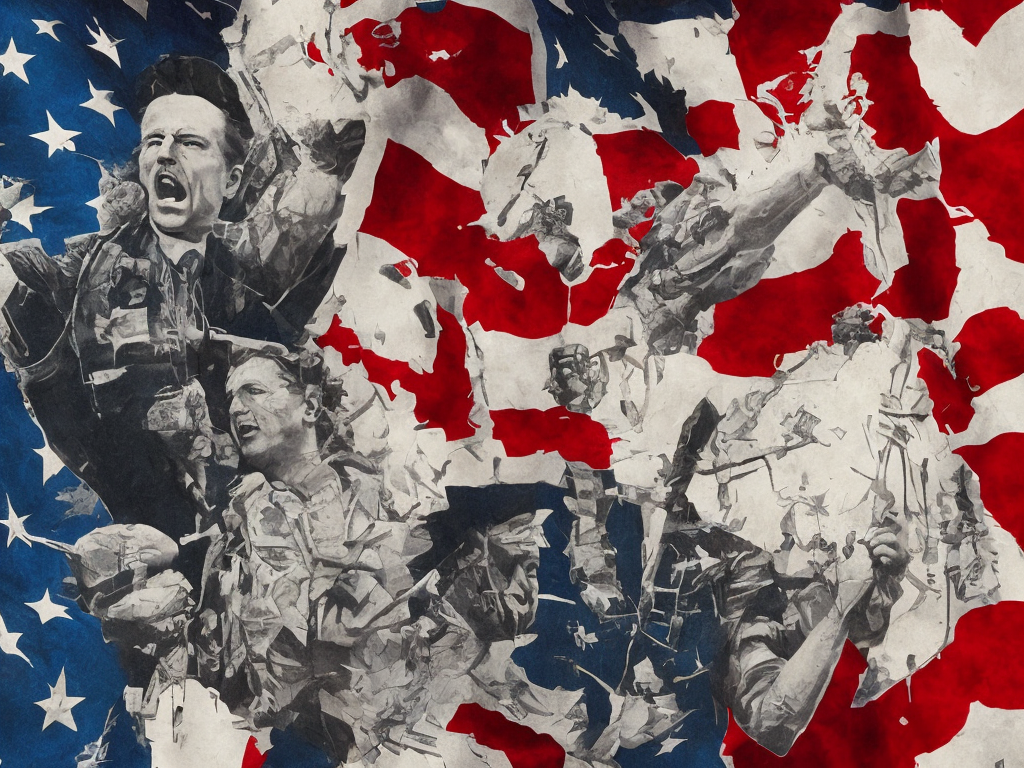
Difference Between Republic and Independence Day
Every year, people around the world celebrate their respective national holidays with great enthusiasm and pride. These occasions are an opportunity for individuals to come together and commemorate the founding of their country, as well as to reflect on the values and principles that shape their national identity. In many nations, two significant holidays are often observed: Republic Day and Independence Day. While these two events symbolize a nation's independence and progress, they have distinct meanings and historical significance. In this article, we will delve into the difference between Republic Day and Independence Day.
Firstly, it is important to understand the definitions of these two terms. Independence refers to the state of being self-governing or free from the control of another nation. It symbolizes the breaking away from colonial rule or foreign domination, enabling a nation to determine its own course and destiny. Independence Day, therefore, is the anniversary of the day on which a country gained its independence, typically from imperial or colonial rule. This day is marked by celebrations, parades, and remembrance of the struggles and sacrifices that led to the nation's freedom.
On the other hand, Republic Day signifies the establishment of a republic form of government in a country. A republic is a political system in which the head of state is an elected or appointed president, rather than a hereditary monarch. This system is based on the principle of popular sovereignty, where power is vested in the people, either directly or through elected representatives. It signifies a shift from an absolute monarchy or autocracy to a system that upholds democratic values and principles.
The primary difference between Independence Day and Republic Day lies in their historical significance and the events they commemorate. Independence Day typically marks the day when a nation officially gained its independence through revolution or diplomatic means. It celebrates the country's liberation from colonial rule, acknowledging the struggles and sacrifices made by its people. Examples of Independence Days include the 4th of July in the United States, commemorating its independence from Great Britain, or the 15th of August in India, which signifies the end of British colonial rule. These days are often filled with patriotic speeches, flag hoisting, parades, and fireworks, expressing national pride and unity.
On the other hand, Republic Day commemorates the day when a country adopted a republican form of government. It signifies the transformation of the nation's political system, from a monarchy or any other form of autocracy to a democracy. Republic Day is often associated with the adoption of a new constitution, which outlines the fundamental laws and principles on which the nation will be governed. Notable examples include India (26th of January), which adopted its constitution in 1950, or France (14th of July), which marks the French Revolution and the establishment of the First French Republic. Republic Day celebrations often involve ceremonial parades, the display of military might, cultural performances, and the reaffirmation of national values and unity.
While Independence Day and Republic Day are distinct occasions with their own significance, they are often interlinked. In many countries, the establishment of a republic often follows the attainment of independence. The quest for freedom and self-determination often leads to a desire for a more inclusive and democratic system of governance. Thus, the two holidays are often celebrated close to each other, emphasizing the interconnection between independence and the establishment of a republic.
It is essential to note that the exact dates of Republic Day and Independence Day can vary from country to country. Every nation has its own unique historical milestones and events that define its identity and national consciousness. Therefore, it is crucial to understand the specific context and historical background of a particular country to comprehend the significance of these holidays fully.
In conclusion, both Republic Day and Independence Day hold great significance for a nation and its people. While Independence Day commemorates the country's liberation from colonial rule, Republic Day marks the establishment of a republic form of government. The former signifies freedom and self-determination, highlighting the struggle for independence, while the latter signifies progress and the adoption of democratic values. Together, these holidays play a vital role in forging a nation's identity and fostering a sense of unity and pride among its citizens.
 Self-Instruct
Self-Instruct